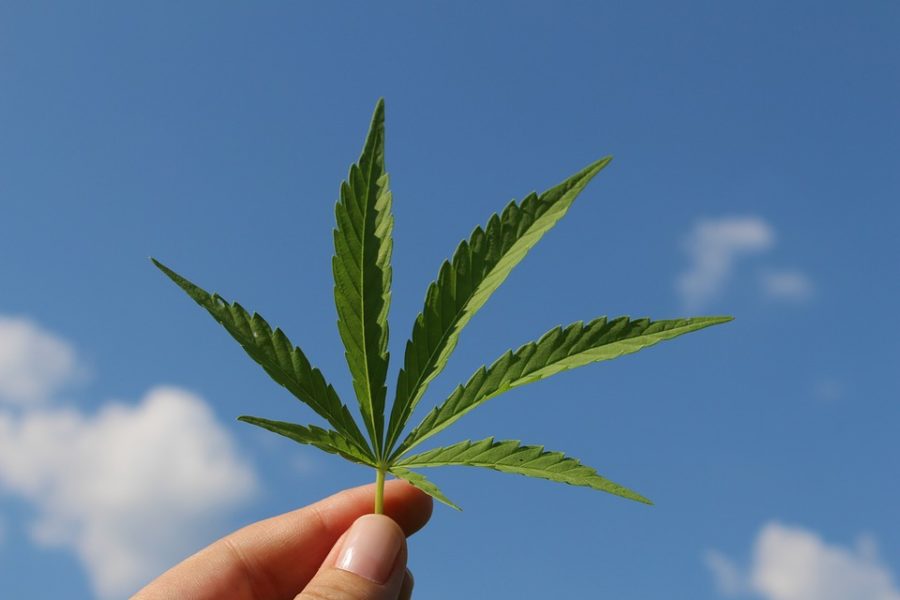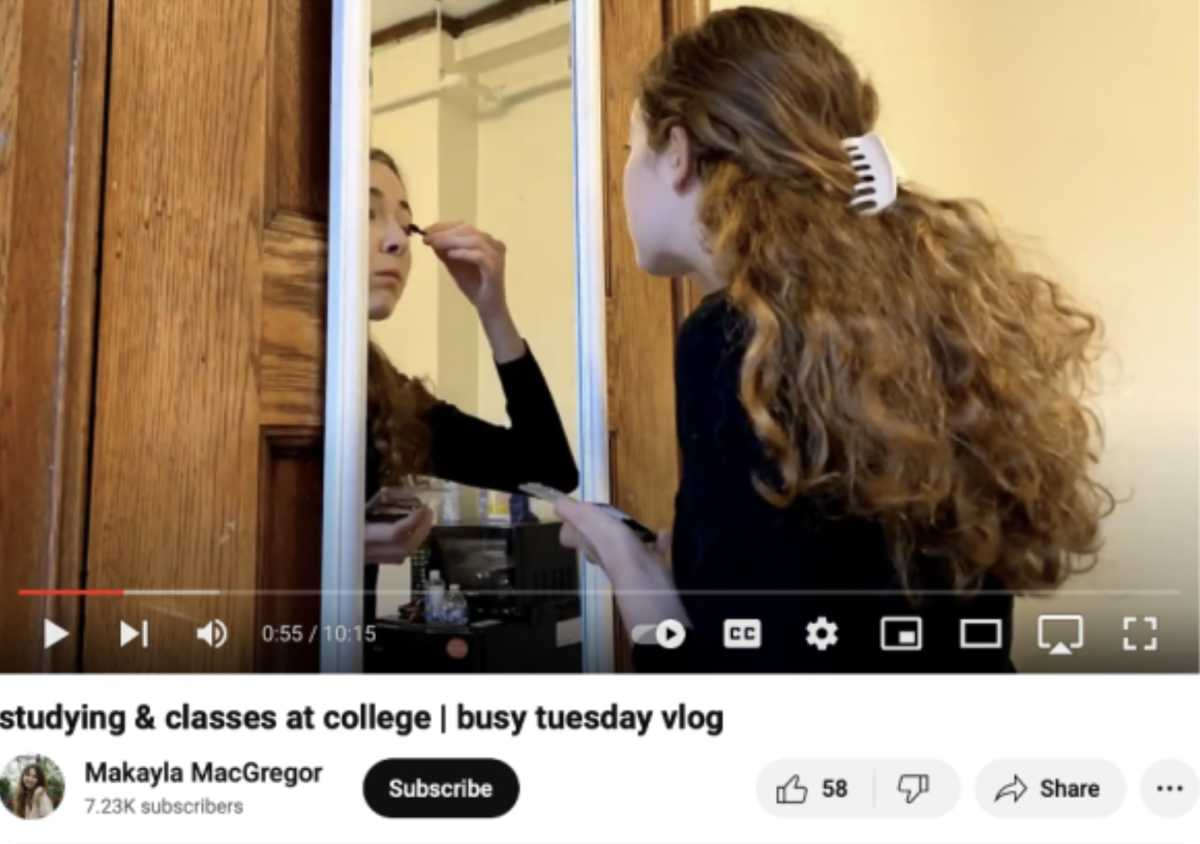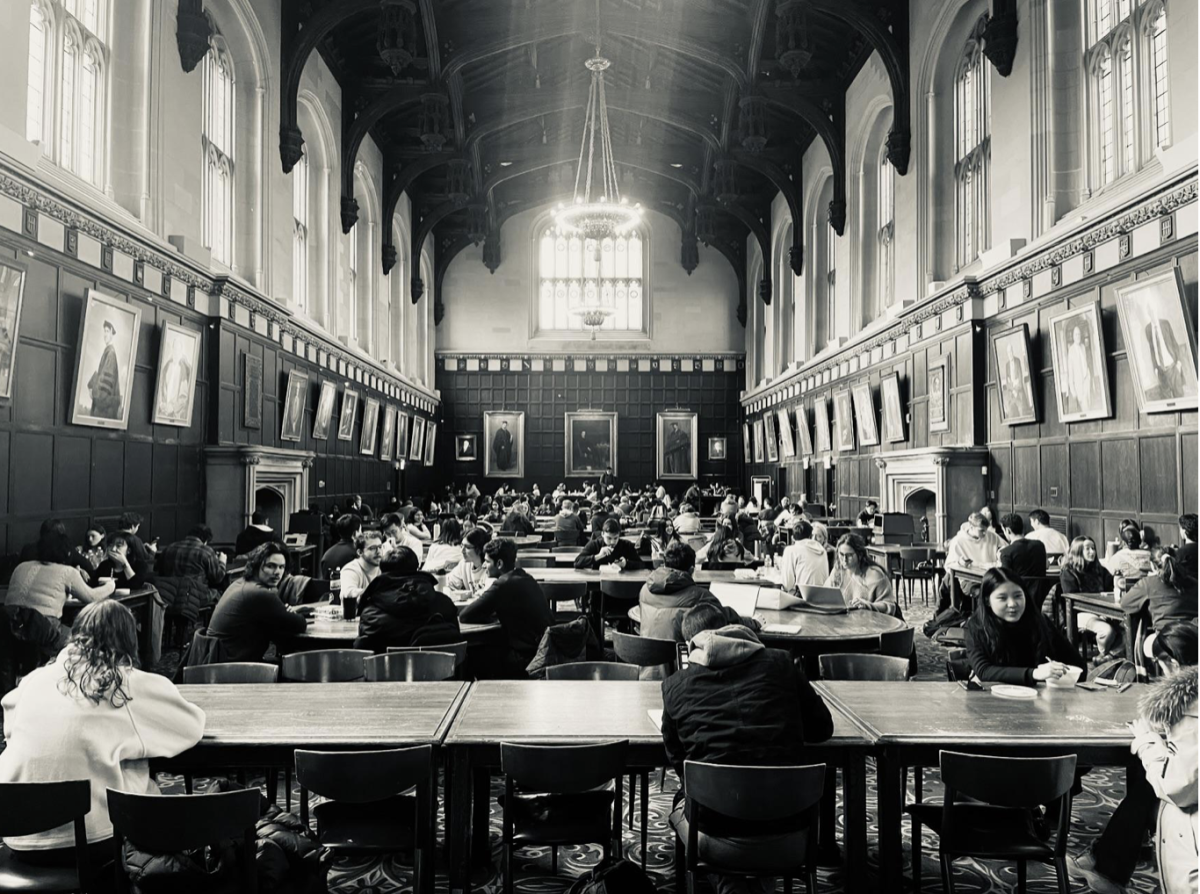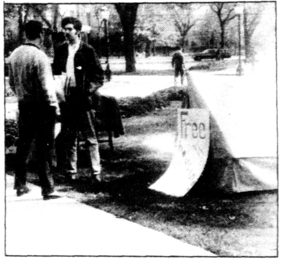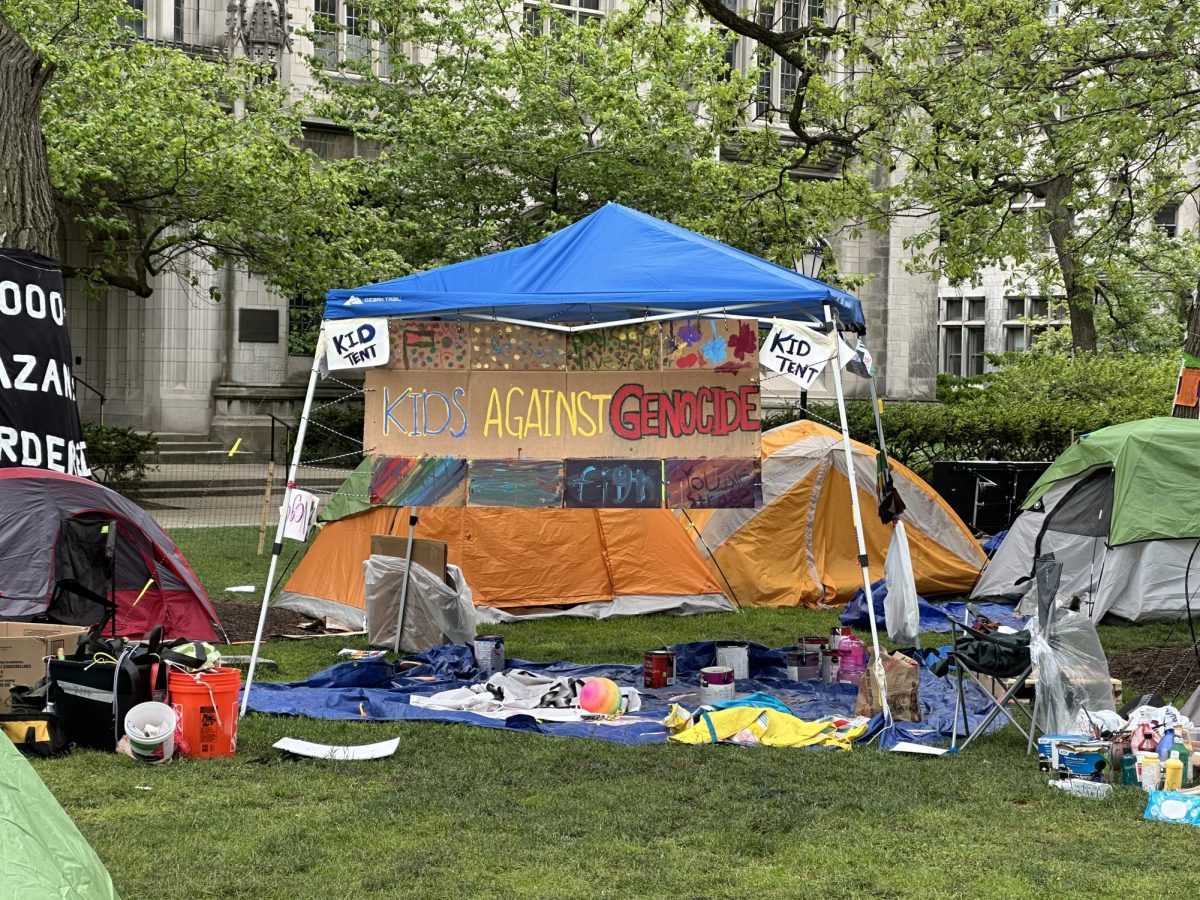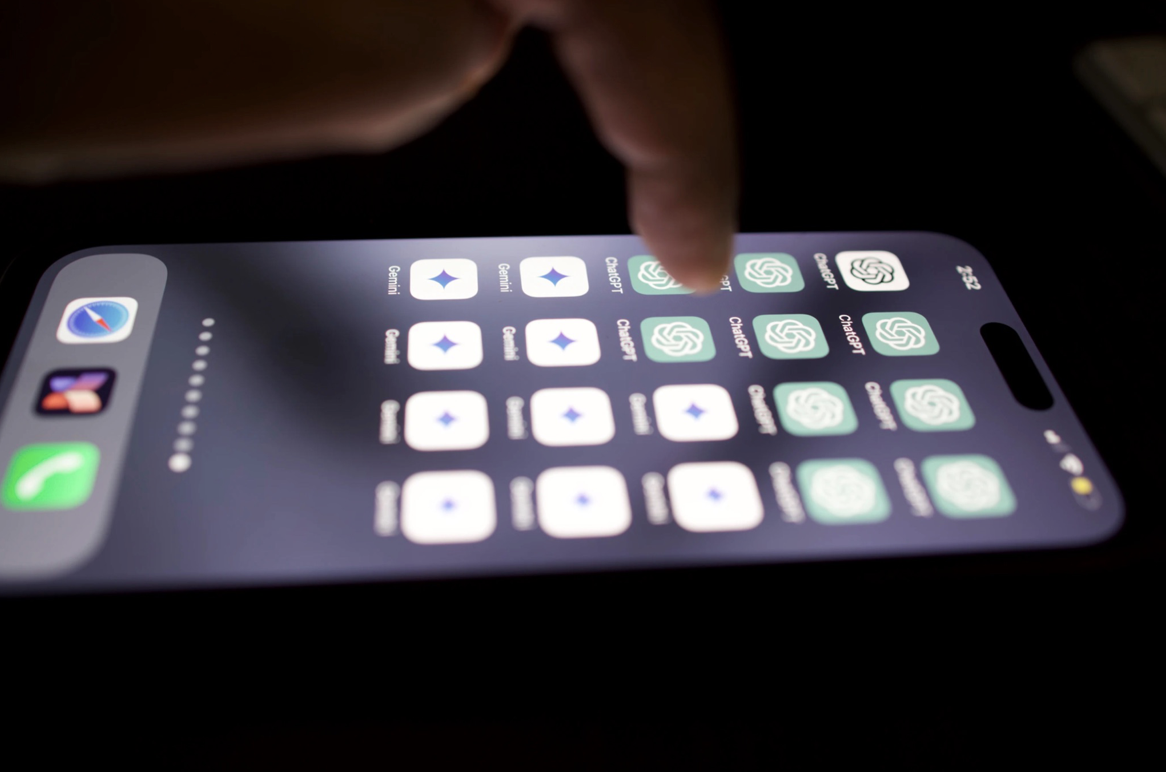On the night of December 31, 2019, the last night of the year, a long line had already formed outside the entrance of Sunnyside Dispensary in Chicago. Many had camped out in front for up to seven hours to ensure that they were able to enjoy the first legal recreational marijuana in the city. Cresco Labs, a Chicago-based cannabis company, spent weeks training 530 temporary staff to handle the massive swell of customers on New Year’s Day. By the end of the first day of sales, customers had spent almost $3.2 million dollars on cannabis. After legalization on Wednesday, only one dispensary was able to continue selling recreational cannabis by Sunday after the surge in consumption led to a shortage.
The process of legalization has been gradual. In August of 2013, Governor Patrick Quinn signed into law the state’s medical marijuana program. In July of 2016, Governor Bruce Rauner signed into law the decriminalization of possessing small amounts of marijuana, reducing the punishment to a fine of $100–200. On June 25, 2019, Governor J. B. Pritzker signed into law the Illinois Cannabis Regulation and Tax Act, which set to legalize recreational marijuana use for 2020.
Accompanying Pritzker’s legalization bill were others passed at the local level intended to undo many of the harms caused by the war on drugs—primarily the mass incarceration of low-level offenders and the disruption of low-income communities—and channel the revenues of the newly legalized industry into underserved communities.
Alongside the fight for legalization, progressive state legislators in Chicago have fought to rebuild many of the communities and families who were devastated by the drug war. State Senators Heather Steans and Toi Hutchinson alongside Representatives Jehan Gordon-Booth and Kelly Cassidy have moved to expunge up to 770,000 low-level marijuana conviction records and dedicate $12 million to the growth of minority-owned cannabis businesses.
Mayor Lori Lightfoot has proposed legislation to create seven “cannabis zones” across the north, south, and west sides of Chicago. The number is planned to increase to 14 in May. These zones are intended to evenly spread the profits of the cannabis industry into underserved areas. This legislation arose out of fears that the cannabis industry would simply continue to favor the moneyed interests in the city, while leaving the most damaged areas behind. “They want us to participate in the consumption but don’t want us to participate in the growing and the distribution of it,” noted Alderman Jason Ervin of the 28th Ward in an interview. These fears are well justified, according to members of the Chicago Aldermanic Black Caucus.
One concern that legalization advocates have is that local aldermen will use the power of their office to block sales in their ward. Lightfoot has also set out to reform the institution of aldermanic prerogative, by which local aldermen could approve or deny zoning and permit decisions in their ward at will. Historically, this program has led to rampant segregation, with aldermen denying permits to businesses owned by people of color, as well as staggering political corruption, with 30 aldermen convicted of such corruption since 1972. On May 20, 2019, Lightfoot implemented this change by executive order, and gave local department heads 60 days to comply and implement the necessary changes.
In the context of marijuana legalization, Lightfoot is concerned that aldermen would simply deny any licensing for dispensaries in their ward, effectively preventing legalization in the city. While she told the Chicago Tribune that a dispensary will be an affront to the neighborly image of an area, she has stood her ground on stripping aldermen of their veto power.
However, this battle has been dearly fought, as many look to their local alderman as a source of protection from an expansive city government. Alderman Nick Sposato of the 38th Ward has been a vocal opponent of the measure. “I should have prerogative in what goes on in my ward,” he directed toward Lightfoot in an interview. “Who knows my ward better than me?”
Many aldermen are also concerned that the new marijuana industry will do little to serve communities of color, while white dispensary owners make tremendous profits. While white Americans comprise 81 percent of marijuana business owners, African Americans and Latinos make up only 10 percent of the total. When a dispensary license lottery was held in Chicago last November, no Black contestants were present.
In states where recreational marijuana is legal, corporations have consolidated into huge entities, driving out any small competitors who put their dominance of the rapidly expanding $17 billion industry at risk. Chicago is already the center of much of the trading in the industry, with two large publicly traded cannabis growers Green Thumb Industries and Cresco Labs based in Chicago.
Mergers occur at the scale of hundreds of millions of dollars, with the behemoths swallowing up even the moderately large companies. Meanwhile, small-scale growers would likely be pushed out of the industry, unable to compete at the prices offered by larger companies. “There will be three or four ultimate surviving big companies,” Grassroots Cannabis CEO Mitch Khan predicted in an interview with *Crain’s Chicago Business*. “There are some medium-size players left. If you’re in two or three states today, it’s hard to think you can get big enough fast enough to stay in the game.”
Moreover, other existing corporate giants, notably tobacco and alcohol companies, are already using their resources to expand into the marijuana market. Tobacco giant Altria invested $1.8 billion to buy almost half of Cronos, a Canadian cannabis company, and the Constellation Brands beer company invested $4 billion in Canopy Growth, also in Canada.
“It is rational and strategically sound for large alcohol and tobacco companies to invest in the marijuana business,” said Stephen Morrissette, an associate professor at the Booth School of Business. Corporate expansion into separate industries is generally less successful when the industries are in completely disparate fields. But because the alcohol and tobacco industries have a product that targets a similar desire as marijuana and the corporations have the legal infrastructure already in place to handle government regulations, expansion into the marijuana industry could be incredibly profitable.
Many business insiders, such as Plyfe founder Jeff Arbour, are also speculating that the marijuana industry will create a shared space for larger corporate entities as well as smaller, independent growers. This model has been seen in the beer industry, with corporate giants like Budweiser and Coors holding down the majority of the market share, but many microbreweries serving their local area emerging as well. Though it is unclear at the time what the ratio of mass market growers to independent growers will be, many, including Morrissette, have faith that the market will naturally find the appropriate balance between the two.
Currently, the only stopgap to unrestrained international competition is the fact that marijuana is still illegal under U.S. federal law as a Schedule 1 narcotic. Canada has no such restrictions, with cannabis fully legalized in October of 2018, and with little regulation, giants such as Aurora Cannabis have taken over huge portions of the market.
Colorado has implemented a number of bills to support smaller growers and slow consolidation, including offering cheaper licenses for small businesses, especially those in underserved communities. The Los Angeles Department of Cannabis Regulation has implemented a Social Equity Program, which includes expedited licensing applications and renewals for small business owners, and similar programs have been implemented in Massachusetts and Hawaii.
However, despite these efforts, such equity programs have remained largely unsuccessful in other cities that have implemented them, like Los Angeles. Currently, the cannabis industry is simply flooded with potential growers and business owners, and as a result there is an excess of applicants for such programs. Social equity programs also move at a much slower rate, with the effects of the program often not showing for years, and many applicants feel that the program has been underfunded, according to the *LA Weekly*.
“These regulations exist entirely for political reasons,” Morrissette said. “It has no economic purpose.” Morrissette went on to explain that he felt that these regulations simply existed to make legalization of marijuana more palatable, replacing the image of the towering corporation with a friendlier neighborly business owner, rather than producing substantial changes to Chicago’s economic development.
These concerns of the superficial nature of the legislation are shared by many, including Black Caucus chairman Ervin. “The right way is to come up with a strategic plan where we can change the trajectory of Black and Brown people in this city, and particularly, when it comes to participation in the market,” he said in an interview with CBS.
Though he voted in support of Lightfoot’s ordinance for marijuana sale zoning, he made clear that his support was conditional on the understanding that “loopholes” in the state law be closed to promote African-American entrepreneurship. The most egregious concern, according to Ervin, is that “there are no African Americans in this mix.” He also criticized the legislation for rewarding businesses for hiring people already living in areas which have been impacted by the war on drugs, while not having any Black owners.
These criticisms exist alongside a prolonged conflict between Lightfoot and the Black Caucus on the issue of legalization. The Caucus originally delayed a vote for the zoning laws out of equity concerns. Ervin also proposed an ordinance that would prevent legal marijuana sales until July 1, 2020, to give time to produce legislation to promote equity in the marijuana business, specifically Black ownership of businesses. This threat was backed up with support from all 19 members of the Chicago Black Aldermanic Caucus.
Other members of the Black Caucus have expressed a desire to forego legalization entirely until the proper foundation for equity has been laid. In a speech before the vote on the measure to delay legalization until July, Alderman Anthony Beale of the 9th Ward stated, “Cannabis has cost us hundreds of thousands of African Americans in this city, and we can’t get a piece of it. We need a piece of this, and if we can’t get it, no one should get it.”
The expected income in taxes, a much touted talking point for marijuana activists, is also not expected to exceed $10 million, in a city with an $838 million deficit. Though dispensaries in the downtown area would bring in additional revenue, Lightfoot voiced her concern that this will ruin the “family friendly” nature of the area, despite the fact that there are already liquor shops present in the area. Under the ordinance, residents can also petition to have the dispensaries’ permit delayed for 90 days.
After much compromise, the bill passed 40–10, including with Ervin’s support. After the vote, Lightfoot said she would attempt to address the concerns of the Black Caucus, but that the demands for “social equity and minority ownership” needed to be addressed at the state, not the local level.
Despite the initial popularity of the dispensaries, business has experienced a dramatic drop-off as people consider the trade-offs that come from buying from regulated vendors. A University of Chicago student who did not want to be identified due to her cannabis use said that excitement around the legalization has not matched practical reality. “People were really excited when they first heard about it,” she said, “but since then, people have kind of realized that it’s just not worth it.” The lines remain long—well over two hours for some dispensaries—and supply problems still afflict the more popular dispensaries.
Alongside long wait times and supply problems, the cannabis and the prices these dispensaries are delivering have also been called into question. The average price of cannabis in Chicago remains over $21 per gram, greater than the national average. This is largely due to a tax of 15–25 percent, graded based on the potency of the cannabis, as well as other miscellaneous local taxes.
On top of these taxes is an overall limit on the amount of cannabis that can be held at any one time. Given that marijuana is still federally illegal, a limit on possession has been placed such that it is illegal to have more than 30 grams of cannabis at any one time. As a result of the delays from the dispensaries and sky-high tax rates, many cannabis users have reverted to using their old unregulated methods of purchasing cannabis. “You’re getting less and paying more,” noted the aforementioned student.
For many, the legalization of marijuana promises to be a societal boon on many levels. Tax revenues could increase, the prison population could be relieved, and a brand new, promising industry could enter the community. At the same time, many social equity activists are advocating for the state government to step in to address historical disparities, especially along racial lines. While many are hopeful that the new industry could provide new opportunities for people of color, others fear that it will simply become a new space for the racial wealth gap to widen. Although Chicago is six weeks into its experiment with legal marijuana, it remains uncertain whether these possibilities will come to fruition.


